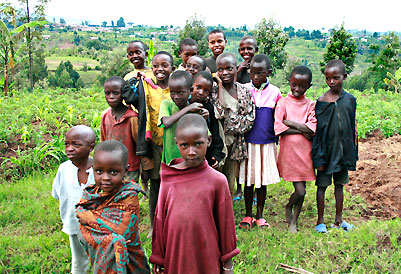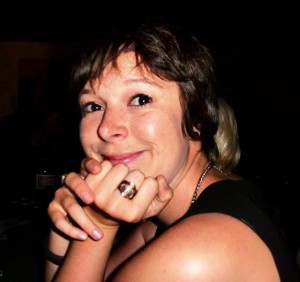Posts Tagged ‘Rwanda’
War and elections in the Congo – DRC
By Jonathan Power
January 3rd 2017
The West African state of the Congo has always been taking one step forward, two steps back. This goes back to the days when Congo became independent from Belgian rule in 1960.
Now we see it again. There were supposed to be elections at the end of last year. But President Joseph Kabila has clung to power. Last week after months of negotiations led by the Catholic bishops a deal has been agreed. If Kabila is given one more year in office then he will call elections in a year’s time.
The latest round in Congo’s modern history goes back to the Rwandan genocide in 1994 when Hutu extremists organized the mass killing of at least half a million Tutsis. The killings triggered a civil war that led to the eventual defeat of the Hutu-led Rwandan army. As they retreated they forced two million Hutus to leave with them, most of them settling in the eastern Congo in refugee camps.
From there the Hutus, now well fed by the western charities, began to launch armed incursions back into Rwanda. They were supported by the Congolese (then called Zaire) under the leadership of the tyrant, President Mobutu Sese Seko.
It was around that time the President of Rwanda, Paul Kagame, decided on a successful regime change in the Congo. Read the rest of this entry »
TFF PressInfo 319 – Burundi: Early warning and violence prevention
By Jan Oberg
The world’s leading countries are busy with ongoing conflicts and wars in areas of strategic importance to them. Organisations that work with humanitarian issues and post-war healing have exhausted their capacities long ago. It’s repair work but it must be done.
So there is hardly any capacity in the world to do what would be much more productive: Prevention of violence (yes, not of conflict but of violence). For decades there has been talk of early warning – but if it works at all, there is little or no early listening and even less early action.
If it all worked as it ought to, the world would have a violence-prevention machinery in place and it would, these very days, plan what to do before a catastrophe descends upon a small, beautiful African country – poor, mal-developed and of no strategic significance to bigger powers. That is, it would do a genuine humanitarian intervention to save lives in time.
The world’s neglect of Burundi
Since the genocide in the two neighbouring countries, Rwanda has probably been mentioned 100 times when Burundi was mentioned 1. Rwanda got the diplomatic attention, the investments, the aid, the Hollywood movies and books. Annually when the world commemorated the genocide that took place in both countries, everybody talked about Rwanda as if Burundi didn’t exist. One reason apart from sheer ignorance is that ”only” 300.000 were killed in Burundi’s genocidal civil war while three times more in Rwanda. About Burundi’s civil war.
Every year the development aid given to Burundi was around or less than 50% of what donor countries had pledged. Today, the two capitals Bujumbura and Kigali are like two different worlds. The best the world has done for Burundi was the remarkable UN mission which, regrettably, the Burundian government always wanted somehow to get rid of.
It can be argued the consequences of this relative neglect by the world are now becoming visible.
Combine that with the last few days of rioting against President Nkurunziza’s extremely dangerous manoeuvring to be elected for a third term and you have a situation that may soon present itself as yet another major human tragedy the world failed to do anything about before it was too late.
With the accumulated experience from TFF’s projects in Burundi from 1999-2012*, I believe there are extremely strong reasons to produce not only lame, standard diplomatic statements but to take action to prevent a new catastrophe. Read the rest of this entry »
Explanations of the popular participation in the Rwandan genocide
By Mira Fey
Book Review
Lee Ann Fujii,
Killing neighbors: Webs of violence in Rwanda
Cornell University Press 2011
Previous research on driving forces of the genocide
Questions of intimate mass violence in ethnic killings are especially puzzling for researchers investigating political violence. Various approaches examine reasons for popular participation in the relatively recent genocide in Rwanda which exhibited especially brutal killings of acquaintances such as neighbors by regular villagers.
Some of these approaches link ethnic violence with structural violence by looking at cultural and historical particularities that allegedly led to distinct ethnic identities and a society divided along ethnic lines that can be equated with class divisions (Mamdani, 2001). Others focus on the role of the state and the hierarchical organization of Rwandan society as facilitating conditions for mass participation in the genocide (Prunier, 1995).
According to Straus who conducted one of the most extensive field studies in post-genocidal Rwanda, these perspectives portrayed the genocide as “a state-organized, planned extermination campaign that served elite interests and drew on constructed ethnic categories” (2004, 86), thereby shifting the analytical focus on macro-level examinations and elite actions away from the original puzzle of popular participation. Consequently, Straus’ own research focuses on local-level dynamics of the Rwandan genocide. Read the rest of this entry »



